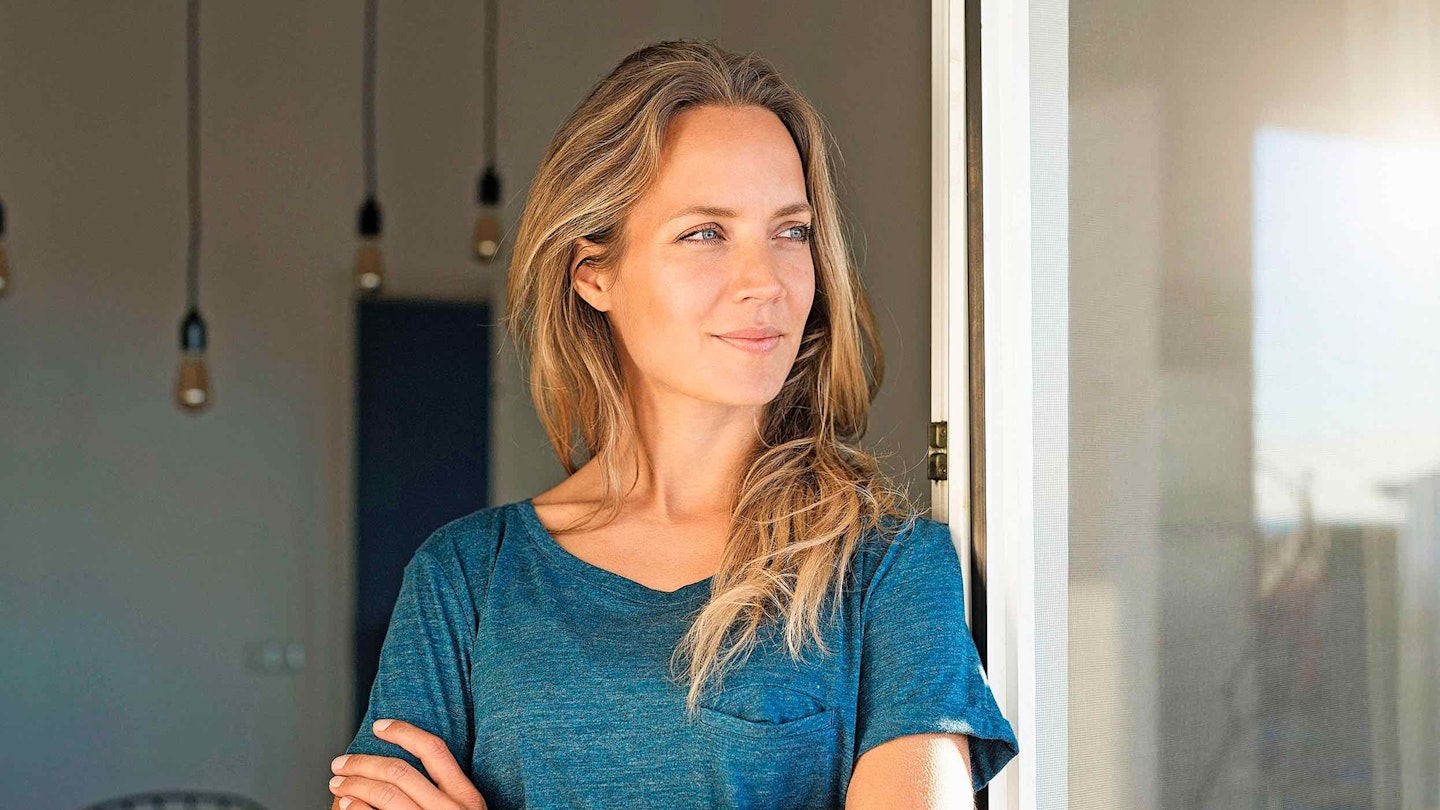Whether it’s you or a loved one suffering, the key is understanding what questions to ask and what actions to take
After a tough two years, it’s more important than ever to tackle mental health head-on. It’s no wonder antidepressant use has increased, with an estimated one in seven people in England now taking the medication. The drug has also become a talking point after new draft guidance by NICE requested GPs offer CBT, meditation and mindfulness, instead of antidepressants to patients with mild depression. With an ‘endemic’ not quite yet in sight, there’s still a growing need for mental health support. Here, psychotherapist and psychologist Dr Nilu Ahmed, lecturer at the University of Bristol, explains how to regain control of your mental health…

What are the signs of declining mental health?
Signs may be more subtle than a racing heart, intrusive thinking or crying. Trust your intuition and take time to sit with your feelings to discover what’s bubbling under the surface. If we don’t, they can manifest into physical symptoms, such as difficulty sleeping.
With loved ones, look out for changes in their behaviour. Have they become withdrawn? Or the complete opposite, do they appear happy via social media and messages but avoid connecting in person? These changes can offer clues.
What are the possible triggers?
There’s no definitive list of triggers for declining mental health. It’s entirely individual. Protective measures, like being satisfied in your life, having a support network and good health can negate any predisposition for depression or anxiety. One trigger that’s affected us all is the pandemic. Rates of mental distress have soared, partly due to losing access to these protective measures.
What’s normal?
Events such as job interviews and moving house cause everyone stress, but if it doesn’t go away and we feel anxious all the time, it indicates our brain’s stuck in stress mode. This is called the fight or flight response, and with no specific danger to combat, it doesn’t get switched off. That’s when it starts impacting us physically. Sadness is also a normal emotion. The pandemic’s caused multiple losses, including old routines, jobs, and even loved ones. Sometimes this sadness can spread to other areas and become overwhelming, often leading to depression.
How can we cope?
We must acknowledge how any losses or stresses make us feel. Imagine holding a jar full of worries. Explore what’s inside your own worry jar to focus your mind and help bring anxiety symptoms into check. Now write these worries down so you can begin to plan. Choose which you can solve alone, which will benefit with support from loved ones, and those that require help from speaking to a professional. Visualising your worries in a jar means you can put that jar down. Give yourself permission to stop ‘holding’ them for a while. And if you know someone who is struggling, try sharing this notion with them.
Who should we talk to?
Visiting a counsellor or psychotherapist provides you with a confidential space to talk without feeling like a burden. Your GP can refer you or find one online. Use free consultations to discover how it feels and who you’re comfortable talking to. Many areas also have mental health support charities that can advise you too. If you know someone else who needs help, ask them if everything’s OK. This communicates that you’ve noticed a change and may encourage them to talk.
How can we take control daily?
Our mental and physical health are closely related, so getting outside every day and good sleep hygiene are vital — the first things we stop when our mental health declines. Feeling connected is at the heart of supportive mental health relationships. Talking in person triggers memories and can improve mood, it also promotes laughter which is so beneficial.
Edited by Julia Sidwell
-
Dr Nilufar Ahmed can be found at nilufarahmed.com
